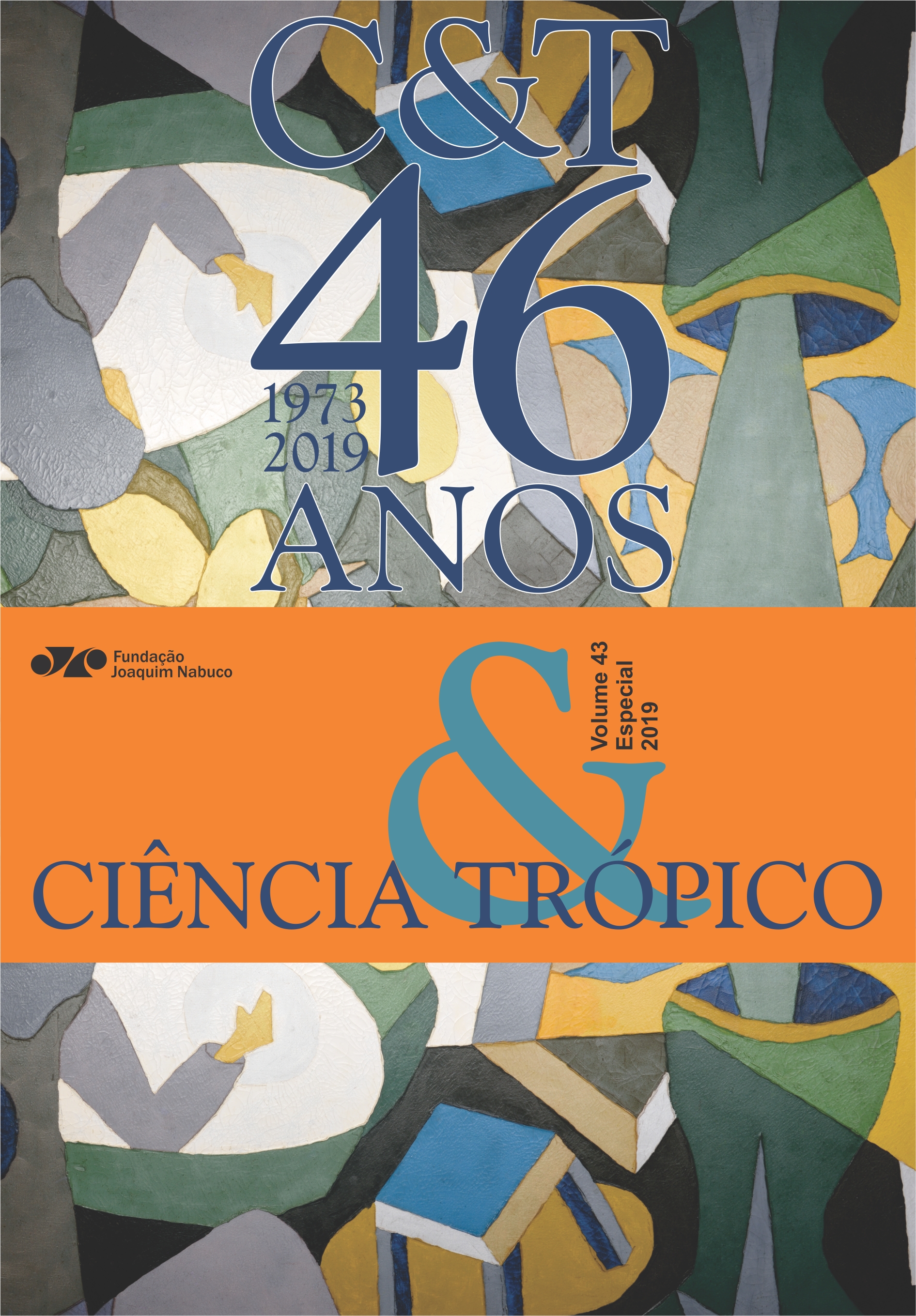Slum upgrading in Brazil: lessons from evaluation processes
DOI:
https://doi.org/10.33148/CeTropico_v.43n.esp(2019)p.177-195Resumo
Slum population has had a relative decrease during the 21st century in Brazil. Beginning in the 1990’s, the Brazilian public policy towards slums has been notable, both at national and local levels. Nevertheless, priority has been given to improvement works, evaluation of their results has been a neglected aspect, and a knowledge gap between investments and their impacts has broadened. This paper aims at summarizing the contributions of researchers at the Institute for Applied Economic Research (IPEA), who conducted slum-upgrading evaluations from 2009 until 2014. They comprise methodologies and procedures for a meta-evaluation of intervention projects as a means to improving programs; a logical model for the evaluation of the intervention in one of the largest favelas in the country; an evaluation guideline proposal for a nationwide precarious settlements urbanization program; and relevant findings of the focus group technique as a qualitative research method. The paper seeks to publicize the results achieved in an effort to advise governments and improve their policies; to foster discussion on tailored evaluation methodologies; to contribute critically with international development agencies; and to reinforce the exercise of citizenship through evaluation practices, transparency, and accountability.


